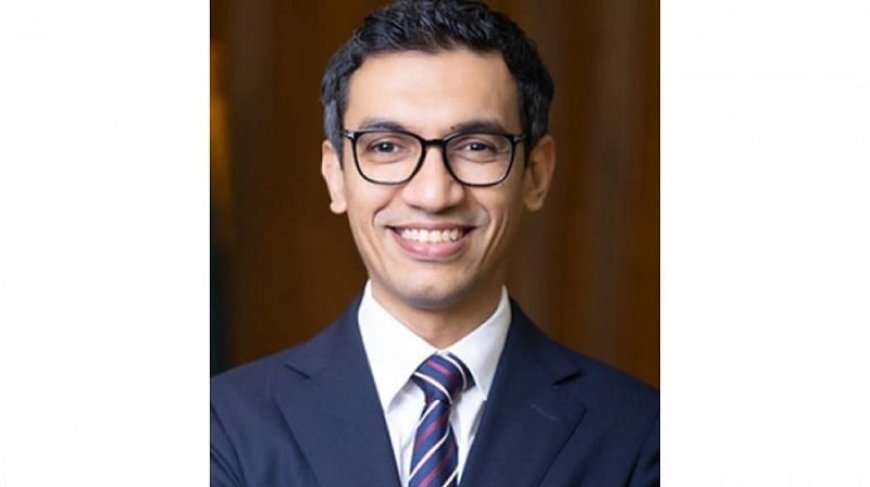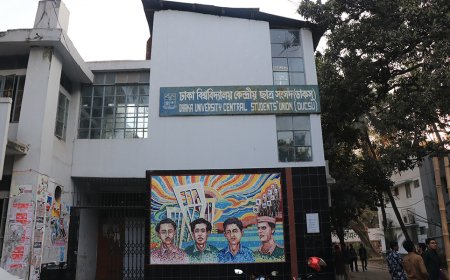Government Dedicated to Transparency and Reform: BIDA Chief
Government Dedicated to Transparency and Reform: BIDA Chief

Executive Chairman of the Bangladesh Investment Development Authority (BIDA) and Bangladesh Export Processing Zones Authority (BEZA), Chowdhury Ashik Mahmud Bin Harun, reaffirmed the government's strong commitment to transparency and reform as key pillars for fostering a stable and investor-friendly environment in Bangladesh.
“We understand the challenges investors face, and we are committed to transparency and reform,” he stated. “However, sustained progress requires continued engagement from the business community. Our goal is to build a stable environment that attracts long-term investment and enhances economic resilience.”
He made these remarks during a high-level economic briefing held recently at a city hotel, focused on the strategic potential of the Japan-Bangladesh economic corridor, according to a press release.
The event was co-hosted by the Japan External Trade Organization (JETRO) and Standard Chartered Bangladesh, and drew participation from senior officials of BIDA, JETRO, the Japan International Cooperation Agency (JICA), Standard Chartered, the Japanese Embassy in Dhaka, as well as prominent business leaders and investors from both countries.
Amid shifting global trade dynamics, the forum highlighted rising confidence in Bangladesh’s economic resilience and underlined a collective commitment from both public and private sectors to unlock new investment opportunities.
Leaders from both sides expressed optimism and shared strategic insights—from ensuring macroeconomic stability to pushing forward bold reform agendas. With more than 300 Japanese companies currently operating in Bangladesh, discussions focused on scaling up this partnership through sustainable investment and mutual growth.
Japanese Ambassador to Bangladesh, Saida Shinichi, reiterated Japan’s commitment to supporting key infrastructure and continuing as a strategic partner. He emphasized that ongoing negotiations for an Economic Partnership Agreement reflect the deepening ties and expanding opportunities in sectors such as agribusiness, fisheries, automotive, and textiles.
JETRO's Country Representative Yuji Ando noted that despite global uncertainties, Japanese companies operating in Bangladesh are eager to expand, signaling long-term confidence in the market.
Ichiguchi Tomohide, Chief Representative of JICA Bangladesh, acknowledged progress while stressing the need for further improvement in the investment climate. He said JICA is working closely with JETRO and other partners to drive strategic projects like the Matarbari deep-sea port and mass rapid transit (MRT) systems, alongside efforts to simplify investment procedures.
Standard Chartered Bangladesh CEO Naser Ezaz Bijoy highlighted Japan’s unwavering support since Bangladesh’s independence, grounded in both strategic policy and people-to-people ties. He expressed optimism about the country’s trajectory, saying, “With the right reforms and collaboration, Bangladesh could become a trillion-dollar economy within the next five years.”
Echoing that sentiment, Yusuke Asai, CEO of Standard Chartered Japan, underscored the enduring strength of the Japan-Bangladesh corridor. “With over 300 Japanese companies already operating in Bangladesh, now is the time to scale up investments and deepen our role in its growth journey,” he said.
What's Your Reaction?






















































































